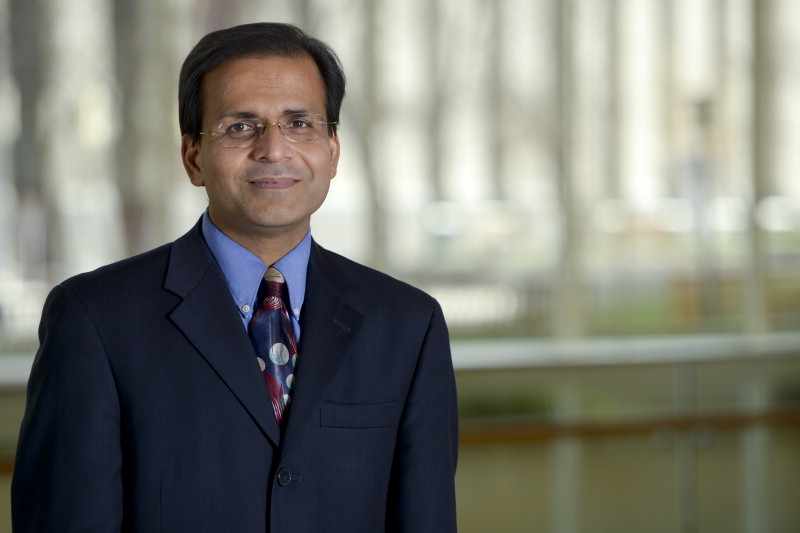-
Featured News
Something to Think About: Pleasant vs. unpleasant

Dr. Amit Sood asks, "Should unpleasantness dilute the pleasant or pleasantness dilute the unpleasant?"
Dear friend,
I like watching sunrises and sunsets. Even though I know that the sun isn’t actually setting, that the earth’s movement causes the sunset, I can’t help but see it as the sun moving down the horizon. The same is true regarding the illusion of pleasant and unpleasant. Even though I know that the biased prism of my mind (which habitually focuses on the short term and is limited by its evolutionary endowments) creates the certainty of pleasantness and unpleasantness, I can’t help but see life’s gains as pleasant and losses as unpleasant.
I also have a biased system that discounts the pleasant and inflates the unpleasant. This is the automatic me. I can’t delete my innate software. But I can upgrade it.
I should recognize that pleasantness and unpleasantness are contextual and not absolute. A bright light that may feel pleasant on a cloudy day may be undesirable on a day you have a migraine headache. Research shows a sweater previously worn by a celebrity gives much greater pleasure than an identical new sweater. The same sweater once washed fails to give the extra pleasure. My perception of pleasure thus depends on a number of factors—the actual experience, its historical context, the rarity of the event, its dollar value, and more.
I should also recognize my innate negativity bias. I attend to, think about, trust, and remember negative information much more than positive information. I make negative opinions based on rumor or misinformation far faster than I make positive opinion based on facts. I get past the pleasant without savoring it. I inflate the unpleasant and dwell on it.
Awareness of this bias allows me to overcome my instinct of diluting the pleasant with the unpleasant. Instead, it empowers me to pick a new habit—diluting the unpleasant with the pleasant. It offers me a new lens to look at the world and provides me immediate access to a happier alternative.
I know that as I get older I will likely get better at noticing the positive and ignoring the negative (at least that’s what the science says). I, however, don’t have the patience to wait twenty more years. I wish to dilute my unpleasantness with the pleasant today. Becoming aware of my predispositions and my ability to choose is a good first step. I hope this knowledge inspires me to train my attention and mind-set so I can bring into this very moment the wisdom I might get when I am very old. I wish the same for you.
May the pleasant and good decorate your day and your mind.
Take care.
Amit
Read Dr. Sood's blog posts and follow @AmitSoodMD on Twitter. Dr. Sood is director of research in the Complementary and Integrative Medicine Program on Mayo Clinic's Rochester campus in Minnesota. He also chairs the Mind-Body Medicine Initiative at Mayo Clinic.
Dr. Sood is director of research in the Complementary and Integrative Medicine Program on Mayo Clinic's Rochester campus in Minnesota. He also chairs the Mind-Body Medicine Initiative at Mayo Clinic.







